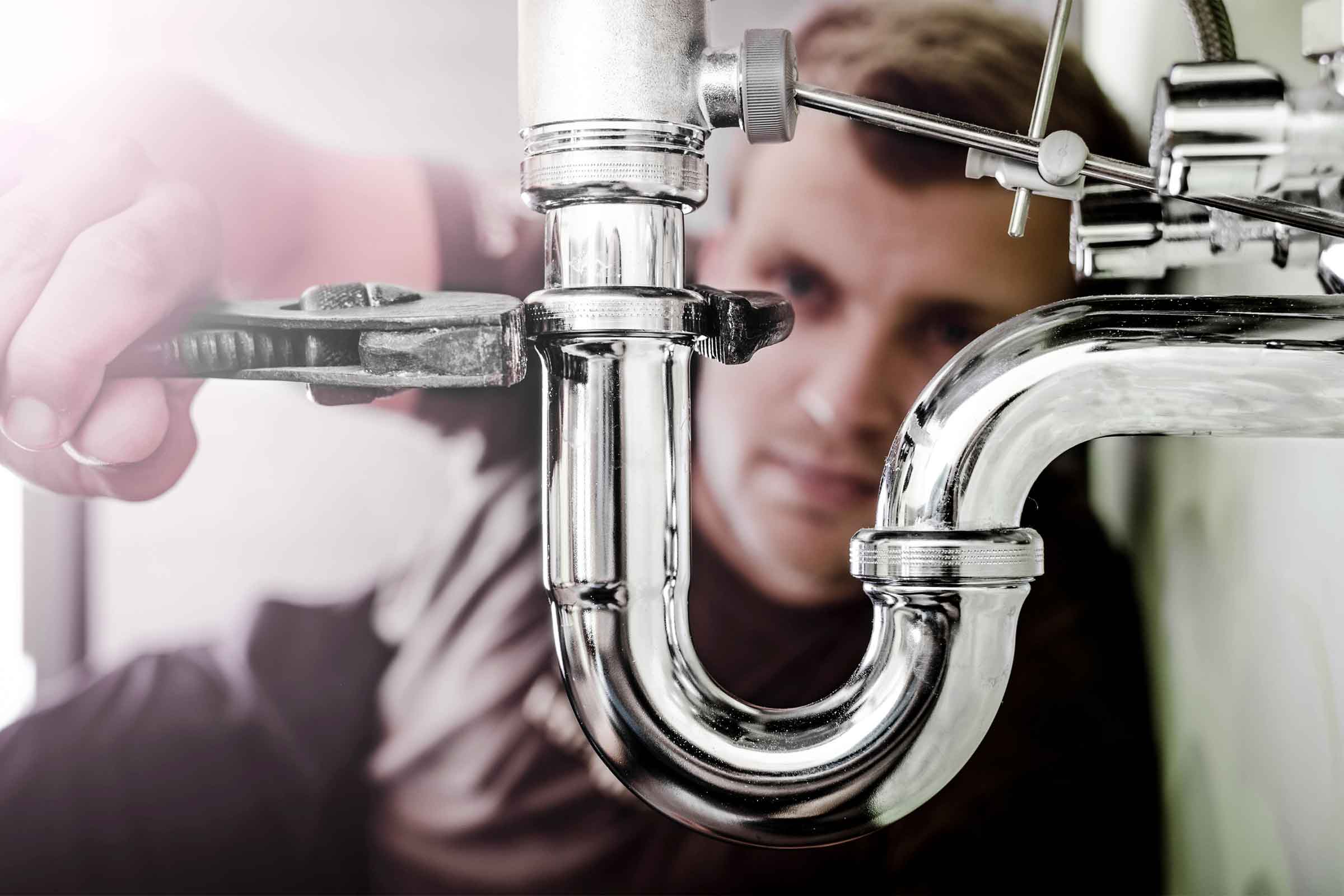Top Frequent Water System Misconceptions Dispelled

Regarding property maintenance, pipe myths can often cause unnecessary chaos and financial mistakes. From thinking that dumping grease down the basin is safe to thinking all leaks are straightforward DIY solutions, many property owners are deceived by misconceptions that can cause to major water issues. Understanding the reality behind these myths not just helps you safeguard your property while also makes certain you're having knowledgeable choices about the time to tackle problems on your own and when reach out to in the professionals.
In this write-up, we will expose a few of the most common water fallacies, illuminating a range from emergency situations such as a broken line to the correct way to maintain your hot water system. We will furthermore explore the importance of employing qualified plumbers, the newest plumbing innovations, and methods to prevent frequent concerns before they escalate. With a more precise understanding of pipe truths, you can save moments, funds, and worry while upkeeping your property's pipe system efficiently.
Typical Pipe Challenges and Resolutions
Property owners often encounter a series of plumbing problems that can seem daunting but are usually solvable with the correct approach. One of the most common problems is a dripping faucet. This not only squanders water but can also lead to increased water bills. To fix it, you can begin by turning off the water supply, removing the faucet handle, and swapping the worn-out washer or O-ring. This simple repair can preserve both water and money.
Another frequent issue is blocked drains, which can be attributed to the buildup of debris, grease, and hair. Proactive measures include using strainers to trap debris and not pouring pouring grease down the sink. If a clog arises, a plunger or a plumbing snake can often remove it. For persistent clogs, a mixture of baking soda and vinegar may aid break down the blockage naturally without resorting to harsh chemicals.
Finally, many householders face issues with water heaters, such as insufficient hot water or leaks. Consistent maintenance is crucial to avoiding these problems. Flushing the tank annually removes sediment buildup and prolongs the life of the heater. If you see inconsistent temperatures or signs of leakage, it might be time to reach out to a licensed plumber to assess the situation and confirm your hot water system is functioning safely and efficiently.

Plumbing Care Tips
Regular maintenance is crucial to averting common pipe problems and ensuring your system functions smoothly. Start by checking for any signs of leaks around taps and pipes. Just a tiny leak can cause increased water bills and major damage over time. Additionally, consistently check your water heater for any signs of corrosion or scum buildup, as this can affect its efficiency and lifespan.
To avoid clogged drains, use sinkhole covers to catch hair and debris. Avoid flushing anything except for human waste and toilet paper down the latrine. Watch what you put down the sink, especially fat and food scraps, as these can accumulate and cause obstructions. From time to time flushing your drains with a mixture of baking soda and vinegar can aid keep them clear.
Finally, seasonal maintenance should not be overlooked. In winter, ensure your pipes are protected to stop freezing, and in the spring, check for any issues that may have developed over the winter months. Keeping up with maintenance not only assists you eschew costly repairs but also makes certain that your plumbing system remains reliable throughout the year.
Urgent Plumbing Issues
When faced with a plumbing emergency, immediate action is essential to prevent further damage to your home. Common situations that require immediate attention include broken pipes, flooding toilets, and major leaks. Determining the source of the problem quickly can help you decide whether to address it yourself or call a qualified plumber. Understanding how to turn off https://click4r.com/posts/g/20674400/plumbing-for-new-homeowners-what-you-need-to-know in an urgent situation can also reduce the impact of water loss.
In cases like a pipe burst, it is essential to act quickly. First, turn off the main water supply to your home to stop the flow of water. Next, remove any items that may be affected by the water, and if safe, begin to clean up the area to minimize the risk of mold growth or further complications. If the damage is extensive, do not hesitate to reach out to a skilled plumber who can assess and resolve the situation efficiently.
In conclusion, being prepared for plumbing emergencies means understanding what assistance are available and when to call a professional. While some smaller issues can be handled independently using DIY techniques, more significant problems, especially those requiring specialized tools and skills, are best left to certified plumbers. Their training and expertise not only help to resolve the problem but also ensure it won't happen again in the long run.
